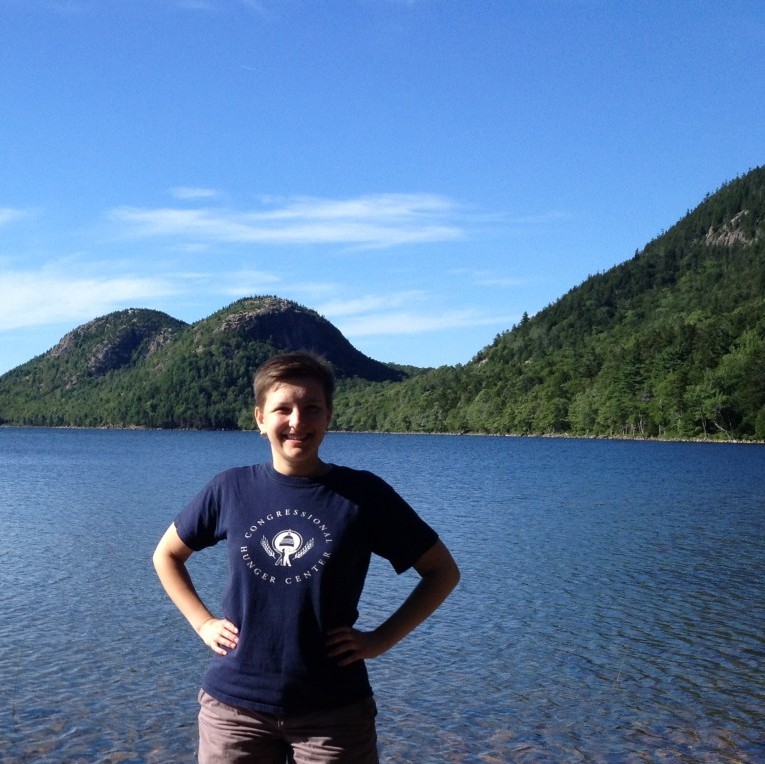Claire Wendland is an anthropologist with training as an obstetrician, which positions her to understand both the social and medical dimensions of maternal deaths. I recently heard Wendland present findings from her extensive field research in Malawi, which explores different narratives or explanations for why women die from pregnancy and birth-related causes in a specific geographic context. Through interviews with workers in the health care industry in Malawi, Wendland has found that a high maternal mortality rate coupled with a lack of clarity around the exact causes of these deaths give rise to multiple and varying explanations for why they happen. Diverse experts advance divergent, often contradictory explanations for deaths that reveal competing social or political agendas. The explanations are used to understand risk, assign blame, teach biomedical concepts, present moral lessons, and critique Malawian society. Continue reading
health disparities
Legitimizing Racist Science, Naturalizing Health Disparities
StandardOn August 15, I attended the first part of an all-day event commemorating the work of Troy Duster, a sociologist who documents the relationship between biomedical science, racism and other forms of social stratification, and public policy. The University of California-Berkeley’s Center for Genetics and Society, which aims to “encourage responsible uses and effective societal governance of human genetic and reproductive technologies and other emerging technologies,” hosted the event. Dorothy Roberts gave the opening address and framed her remarks around the pervasive myths that exist regarding the relationship between science and race and how these myths help naturalize racial health disparities. Continue reading
